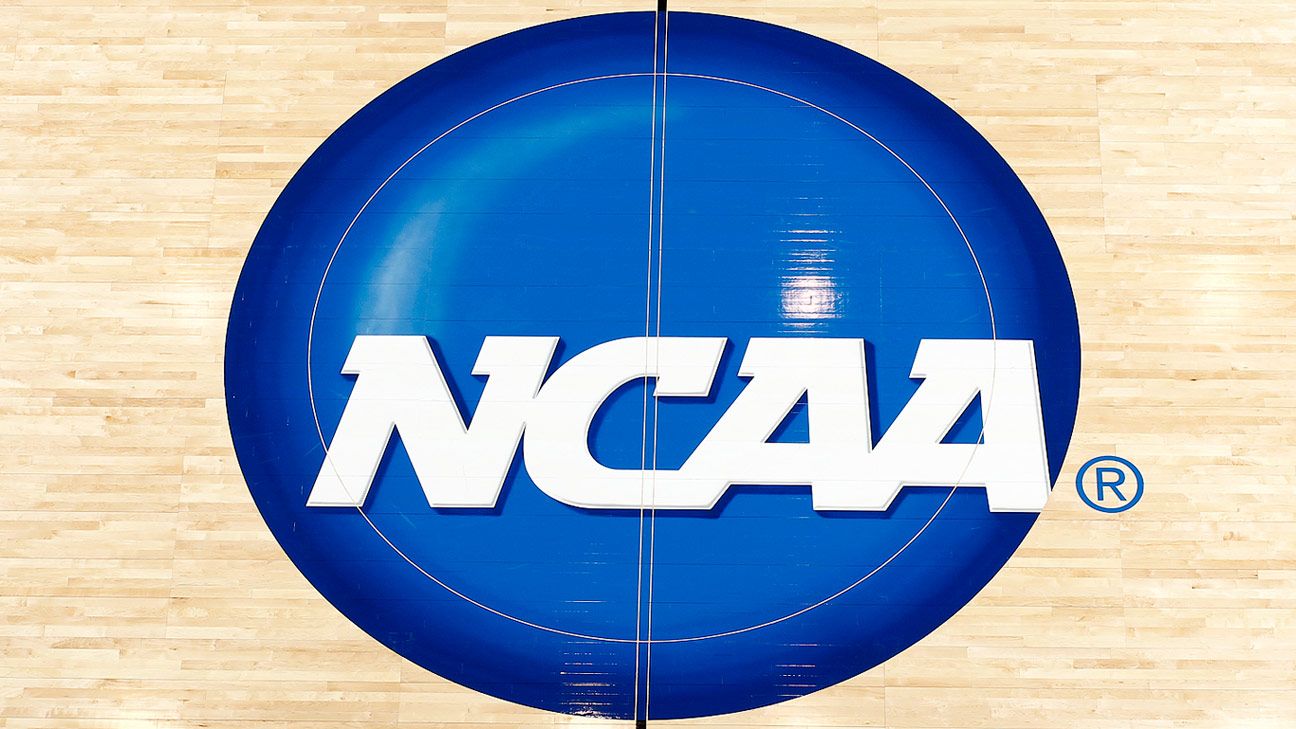The Galloping Ghost
- Washington, DC
College athletes whose efforts primarily benefit their schools may qualify as employees deserving of pay under federal wage-and-hour laws, a U.S. appeals court ruled Thursday in a setback to the NCAA.
The court, in the latest challenge to the NCAA's long-held notion of amateurism in college sports, said a test should be developed to differentiate between students who play college sports for fun and those whose effort "crosses the legal line into work."
"With professional athletes as the clearest indicators, playing sports can certainly constitute compensable work," U.S. Circuit Judge L. Felipe Restrepo wrote. "Ultimately, the touchstone remains whether the cumulative circumstances of the relationship between the athlete and college or NCAA reveal an economic reality that is that of an employee-employer."

 www.espn.com
Hold on to your butts.
www.espn.com
Hold on to your butts.
The court, in the latest challenge to the NCAA's long-held notion of amateurism in college sports, said a test should be developed to differentiate between students who play college sports for fun and those whose effort "crosses the legal line into work."
"With professional athletes as the clearest indicators, playing sports can certainly constitute compensable work," U.S. Circuit Judge L. Felipe Restrepo wrote. "Ultimately, the touchstone remains whether the cumulative circumstances of the relationship between the athlete and college or NCAA reveal an economic reality that is that of an employee-employer."

Court rules college athletes could be employees
A U.S. appeals court, in the latest challenge to the NCAA's long-held notion of amateurism, said a test should be developed to differentiate between students who play college sports for fun and those whose effort "crosses the legal line into work."




